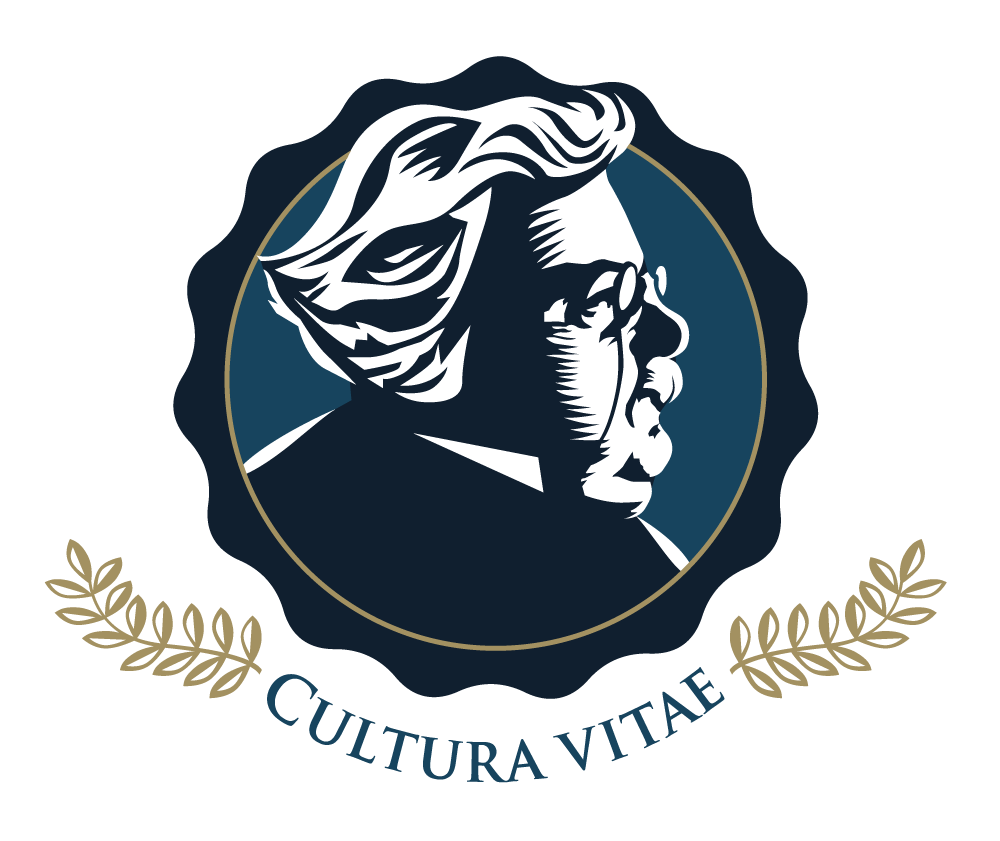Theology 09 - Catechism and Old Testament
Theology 09 introduces students to theology, “the study of God,” as it is revealed to us in both Sacred Scripture and Sacred Tradition. This study of God begins an organic presentation of the Catholic faith. Beginning with an overview of the Catechism of the Catholic Church, this course also studies the Old Testament in the light of Christ crucified and risen. It seeks to form a biblical worldview and introduce students to the reality of God’s divine plan throughout salvation history. From this position, then, we are able to begin erecting a beautiful edifice for further theological inquiry as students continue to study Sacred Scripture, Moral theology, the Fathers of the Church, Magisterial documents, and the many great theologians of history.
Theology 10 - New Testament
The truth of the Incarnation is one of the central tenets of our faith and the center of our human history. Just as all of history led up to the moment of God-assuming-humanity, so also all of history since the Incarnation is impacted by this one moment. This central mystery of the faith is the theme of Sophomore year. Having studied the Old Testament scriptures, students now transition into the New Testament and the life of Jesus and His Apostles. Special emphasis is given to the four Gospels, which are the heart of all the Scriptures and the principal source for the life and teaching of Jesus Christ. Along with the emphasis of the four Gospels, the Eucharist is given special attention in this biblical study of theology. Students are encouraged to draw connections between themes and events in Sacred Scripture and our own day. It is hoped that by learning to truly encounter God in Word and Sacrament students will be transformed into “other Christs” and share the salvific message of the Gospel with all they meet.
Theology 11 -Advanced Catechism I: The Creed and the Sacraments
Theology 12 - Advanced Catechesis II
Pope John Paul II, in his apostolic constitution Fidei Depositum, exhorts the faithful to use the Catechism of the Catholic Church “assiduously in fulfilling their mission of proclaiming the Faith and calling people to the Gospel life. ”The study of the deposit of faith is essential to the Christian life. This faith, which is presented as an organic synthesis in the Catechism, is built upon four pillars. The Junior year course aims at a thorough understanding and internalization of the first two pillars: the Profession of Faith and the Sacraments. Building upon the solid basis of Scripture from Freshman and Sophomore year, and incorporating primary texts from some of the greatest minds in history such as St. Thomas Aquinas and Pope St. Clement of Rome, this course examines what we believe and how we worship.
Liberty. Rights. Happiness. Democracy. These are words we are all used to hearing so often that they have become part of our national consciousness. However, too often they are neither examined nor questioned. Without even thinking about it we all use theideas and concepts developed by modern political philosophers in the 19th and 20th century. In this capstone course students are asked to muster all the powers of their intellect as they navigate the dynamic and sometimes deep waters of political thought on the European continent as it emerges after the time of the Enlightenment. Special attention is given to the political philosophy and economics of influential thinkers such as John Locke, Jean-Jacques Rousseau, Adam Smith, and Karl Marx. Just as important and relevant today is the Catholic response to these new ideas. Therefore, the encyclical Rerum Novarumand G.K. Chesterton’s idea of distributism are also studied as they relate to the revolutionary changes of the preceding centuries.
